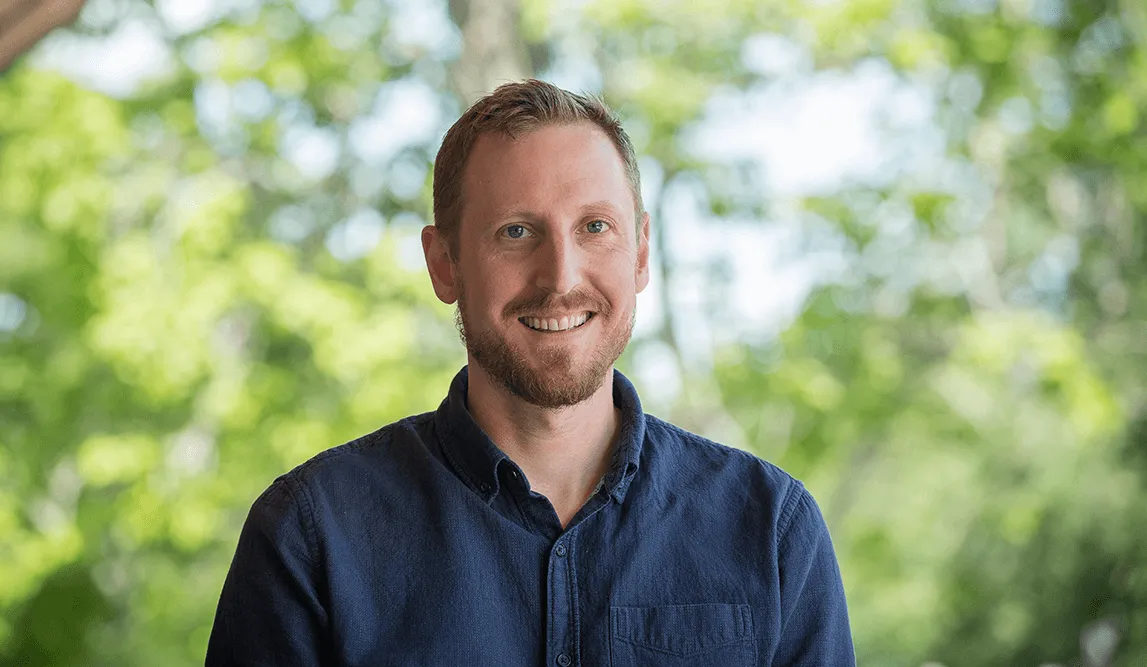The Covid-19 pandemic has ushered an influx of conspiracy theories that have fragmented parts of the American population. Misinformation has cleverly weaseled itself into our community, and it isn’t as easy to remove as it is to insert.
And it’s this sort of information that Harlan Morehouse, a senior lecturer in the Department of Geography at UVM, wants to bring attention to.
When the pandemic hit, Morehouse “tried to understand how it came to be and also how it was understood by different sectors of society,” he said.
Figuring out those perspectives proved crucial to understanding where people were getting their information. But he found a problem. Some people have dug so deep into the world of pandemic conspiracy theories — think microchips in vaccines — that “you can’t even find middle ground with people … who adhere to explicitly anti-science, anti-data ideologies,” Morehouse said.
“It has made it really hard for our society to process what is going on,” he said.
Growing up in Michigan and attending Bennington College for his bachelor’s degree in social sciences and literature, Morehouse didn’t know much about the field of geography. It wasn’t until he pursued a master’s in social anthropology from the Central European University in Budapest that he discovered geography is more than just land masses and estuaries. The field deals with how society interacts with the environment, socially and spatially, he realized.
After some time, he came to UVM for a part-time position that soon blossomed into a full-time career as a lecturer.
Morehouse hasn’t started any formal research yet, but he has been trying to incorporate lessons about disinformation into all his lectures and class time discussions. Doing so can foster critical awareness in future generations on how to deal with dangerous misinformation, he said.
“Part of this research is how do we actually develop a critical toolkit so we’re not so susceptible to this disinformation,” said Morehouse.
Morehouse hopes to figure out how social cohesion will be impacted moving forward, though he holds little hope that impact will be positive. Modern technologies seem aimed at dividing people, he said, particularly social media.
But perhaps by shedding a light on these dynamics, he said, those trends might shift toward a goal of unity.
